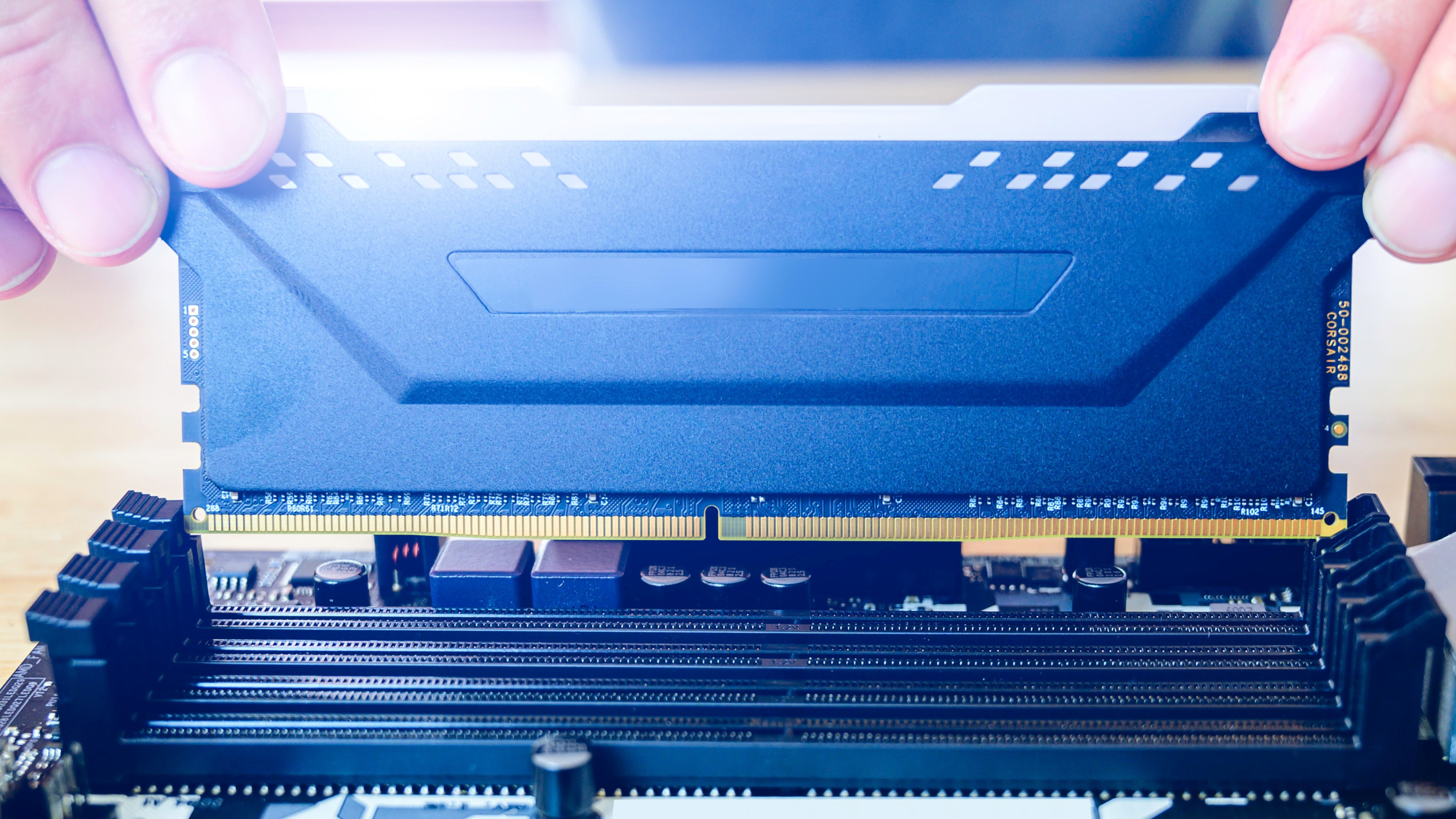
According to a report from Phoronix, version 6.11 of the mainline Linux kernel, which seems set to launch soon, will add support for RISC-V memory hot plugging. The Linux kernel already offered this feature for other CPU architectures, but it's a very important addition for the long-term health of the open-architecture RISC-V CPUs since server applications and the like wouldn't be as resilient without easy hot plugging support.
For those unfamiliar with RAM hot plugging or hot swapping, it's very similar in concept to HDD/SSD hot plugging and hot swapping — the user can replace the specific component without powering down the system. However, hot plugging storage drives is a pretty mainstream feature of consumer operating systems and motherboards, whereas hot plugging RAM certainly is not.
Memory hot plugging has existed in some form or another for quite a long time—it was even available on the ultra-retro Zilog Z80 CPUs of the 1980s. Today, though, it's mostly locked down to server motherboards and, with them, dedicated server versions of Windows or most Linux distributions.
In any case, RISC-V CPUs getting the functionality should help expand the potential use cases of RISC-V architecture in the future. For now, the enterprise and server spaces are quite firmly ruled by the overlords of x86 CPUs from Intel or AMD and AI-accelerating GPUs from Nvidia— but at quite a price premium, which makes every improvement to RISC-V architecture and other alternatives just a little more compelling. Once a single RISC-V CPU can start pushing comparable compute to mid-range desktop CPUs, the PC and server market alike should start looking like a very different place.
It helps that there are quite a few moves in the marketplace to adopt RISC-V or improve support for it. Framework's customizable laptops (down to CPU, of course) recently announced upcoming support for a RISC-V Framework laptop mainboard, and XSi even managed to run CPU, GPU, and NPU workloads on RISC-V cores. And, of course, the existing major players in enterprise, AI, and Big Tech also have a vested interest in the continued growth of RISC-V.


.jpg?w=600)




